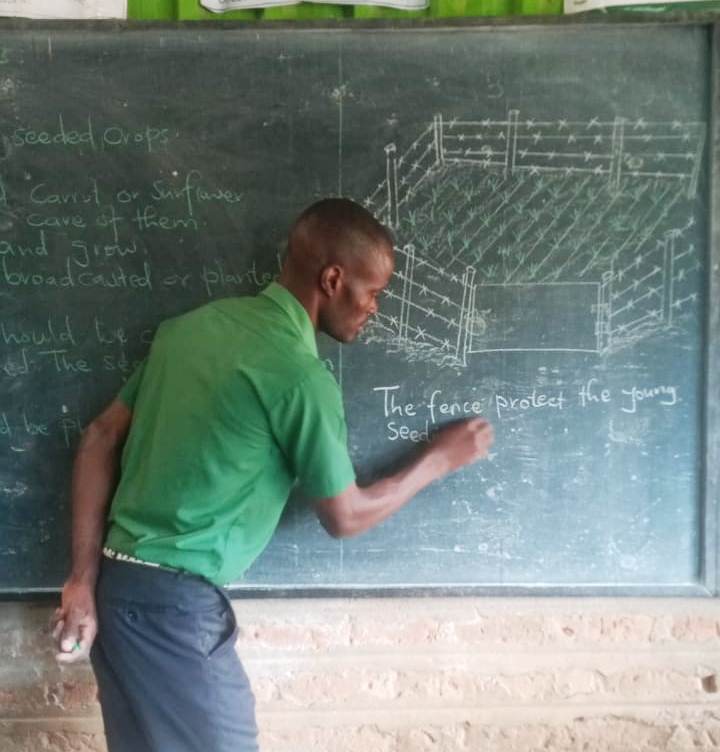Members of the Kenya Union of Post-Primary Education Teachers (KUPPET) in Mombasa held a protest today, August 6, 2025, expressing frustration over what they termed the union’s poor handling of salary negotiations.
The demonstration reflects widening tensions between union leaders and their members, with mounting calls for leadership overhaul.
The teachers raised their discontent with the salary adjustments provided so far. “We are tired of promises that never materialise,” said one teacher. “Our leaders need to be replaced if they cannot fight for our rights effectively.”
This protest coincides with heightened scrutiny in the education sector following recent reports of financial mismanagement, including the exposure of a Sh3.7 billion ghost schools scandal, which has further dented public confidence in education governance.
Discontent with KUPPET is not limited to Mombasa.
READ ALSO:
ROBCHEM HYGIENIC SOLUTIONS: The best fuel solutions for Kenyan learning institutions
Nationwide, tutors are continuously raising concerns about the insufficient salary increments secured by their unions.
Both KUPPET and the Kenya National Union of Teachers (KNUT) have come under fire for what educators describe as ineffective collective bargaining, leaving many feeling their demands for improved compensation and working conditions have been sidelined.
Today’s protest is a part of a series of demonstrations that have been witnessed in counties such as Bungoma, and Kirinyaga and Kisii.
These nationwide actions highlight deeper, systemic challenges in the education sector—particularly in how financial resources intended for schools and staff are allocated and managed.
Pressure is building for swift intervention to prevent disruption to learning and to tackle the broader issues affecting educators and learners alike.
By Joseph Mambili
You can also follow our social media pages on Twitter: Education News KE and Facebook: Education News Newspaper for timely updates.
>>> Click here to stay up-to-date with trending regional stories
>>> Click here to read more informed opinions on the country’s education landscape






